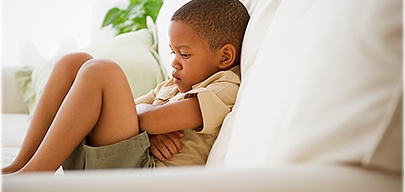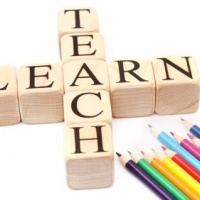When can a parent confidently send their children on holidays to relatives without wondering if the child would do a good job of representing himself and the family? Most parents hardly trust the jobs they’ve done on their children. It seems the children have a mind of their own, almost like they run a different agenda from the parents. Parents are then put on the inquiry on how best to discipline their children.
Questions race through the mind on how child discipline should be done. Are there positive ways to achieve discipline? We go in search of how it should be done, when and in what measures.
Over the years, African parents have been concerned about how child discipline has changed. The effect access to the western world via the internet and other means of exposures has had on the forms and methods of discipline we once knew, has left most young parents wondering on how to discipline without yelling for example.
Should a child be disciplined or punished? Is hitting your child discipline? What is acceptable child discipline? At least one of these questions if not all pop up in your head whenever the child behaves badly. Understanding that at the heart of discipline is the desire for the child to behave well at all times should define your quest for positive discipline.
There are no bad children, only bad behaviors. Discipline, therefore, is to direct the child to behave properly, and not to attack or ridicule the child. You seek to change the behaviors that are not consistent with the picture you have in mind.
Relationship is the new discipline: Beyond the occasional bits you see, there is so much you can learn about your child before they begin to act them out. Having a friend-like relationship with them is key. This means you’d learn the meaning of words like ‘famzing’ (familiarising) and use them in the appropriate way. This means you’d understand signs and eye communication just like he and his friends do.
Balance: Does he get as much praise as he gets reprimands from you? Always dwelling on the negatives creates some defiance in children, thick skin if you may. They already anticipate the shouts, the berating and the negative words (if you are the type) so much so that they are no longer sensitive. You don’t want this! Learn to praise, talk and be firm when they have to face any consequences for their misbehavior. Keep your threats and your promises.
Mirror Imaging: Your child needs to see in you what you want to see in them! Children learn from what they see. They are like sponges they absorb very easily. For a society like ours, you will mind the people who are close to them, what songs they are being exposed to, what television programs they watch etc. Positive discipline includes the routine or everyday things the children need to do e.g. reading, do the children see you read? Mirror to your children what the picture you have in mind for them.
Carrots or Sticks: What is considered child discipline? Indulging the child or ridiculing the child. Should he earn a point for each time he behaves well? Should he lose a point for when he doesn’t? To hit or not to hit the child. The character traits a child exhibits pretty much tells you how to go out about discipline with individual children. However, be careful not to tamper with the real essence of his character. For example, children with strong leadership traits tend to be strong-willed, quick to respond, harsh-toned voice etc. while you seek to teach them to respond courteously in a better-toned voice, you do not tamper with the natural leadership traits in them. You will get them to learn how to use their willpower, but not to crush their willpower.
The Younger Children: Those little persons really do get on your nerves, don’t they? When to begin child discipline becomes an issue. I’d say start immediately! Do they understand? Absolutely! Some of the few words children learn very early are ‘no’ and ‘yes’. They know what facial expressions mean no and the ones that mean yes. Word of mouth should do it for younger children. Remain firm when they use their ‘pest’ power. The tone of voice is important.
Finally, discipline is a positive word. Let children know that the punishment is for when they are not disciplined. Do not portray discipline as a bad, negative action.












Comments